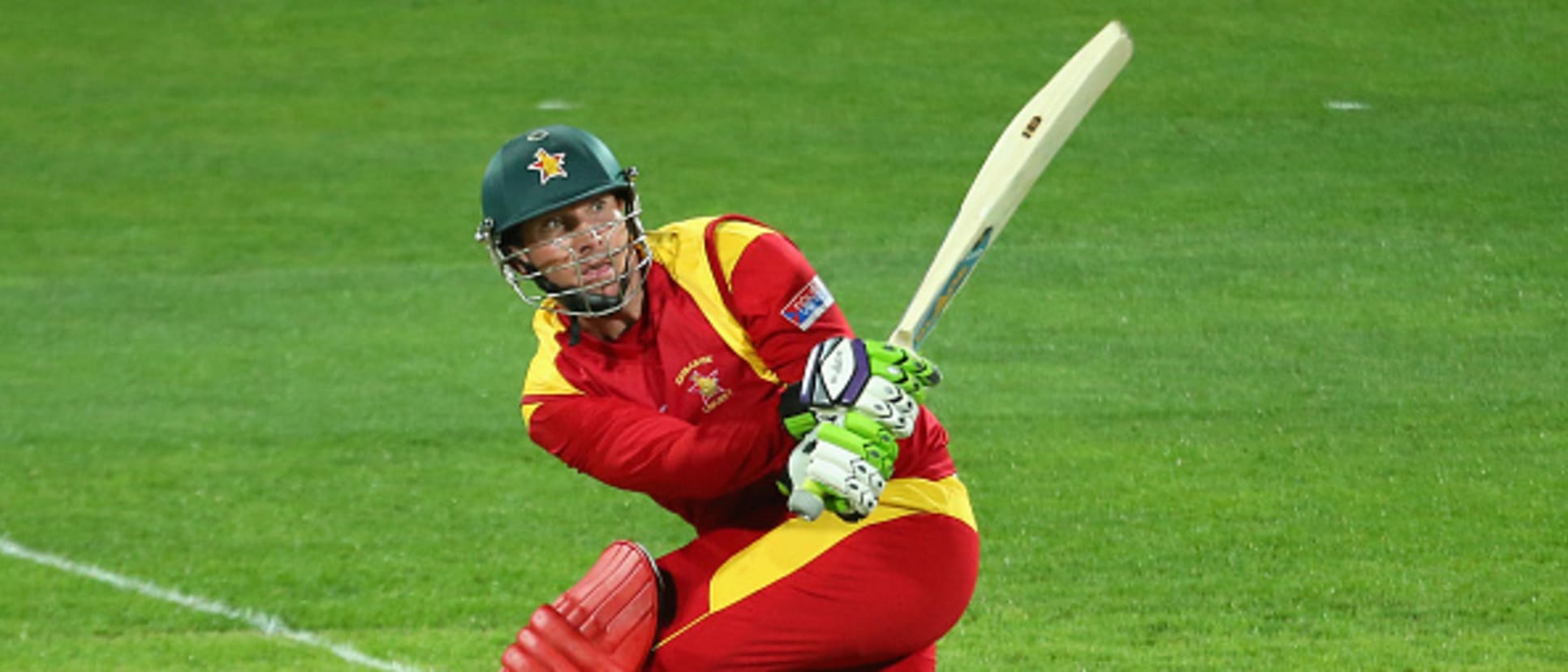Case Study: Brendan Taylor

In late January 2022, former Zimbabwe captain Brendan Taylor was banned from all cricket for three and a half years after he accepted four charges under the ICC Anti-Corruption Code and, separately, one charge of the ICC Anti-Doping Code.
Taylor’s doping charge resulted from an In-Competition test conducted in September 2021 following Zimbabwe’s match against Ireland. Taylor tested positive for a cocaine metabolite, which is specified as a Substance of Abuse under the Code.
His breaches of the Anti-Corruption Code ultimately resulted from a trip to India in October 2019 where he met with an unknown individual and his associates. Taylor had initially received contact from this person around September 2019 and was asked if he was interested in playing in a 2019 franchise league (that did not go ahead). Taylor referred this person to his agent who told Taylor not to waste his time with this individual as he had a bad feeling about him.
A month or so later Taylor was again contacted by this individual and was invited to India for three nights at the man’s expense. Prior to travelling, Taylor advised he did not want any ‘skullduggery or dodginess’ and whilst the man claimed to be ‘legitimate’, Taylor proceeded on this trip without informing his agent. During the trip Taylor was given a new mobile, cash (rupees) and new clothing. He was also provided with entertainment/activities and, in his own public admission, cocaine.
At the end of the trip, Taylor had a meeting with this person and his associates, during which there was discussion around spot-fixing at international matches. Taylor was informed that he could make USD35,000 for spot fixing in upcoming matches and was required to help find another player to make the fix happen. Taylor was then given USD15,000 in cash as part payment and told he would receive the rest of the money once the fix occurred (Zimbabwe were due to play Bangladesh and Sri Lanka in February and March 2020).
In his initial interviews, Taylor stated the USD15,000 payment was effectively a payment for his services in travelling to India, basically an appearance fee. In subsequent interviews, however he changed his story and accepted that while he had initially travelled to India believing that he would be paid an appearance fee of USD15,000, at the end of his trip when the payment was actually made to him, it followed a discussion around corruption and a request for him to be involved in corrupting matches in exchange for payment, with the payment being made as a deposit for his involvement in corruption.
Taylor stated that it was never his intention to carry out any fixing; however, he had no choice but to agree as he was being blackmailed with a compromising video. He reported to the ICC Anti-Corruption Unit (ACU) in late March 2020, nearly six months after the trip to India, however at this point did not mention anything around corruption. He later deleted his communication with the individual he met, despite clear requests from the ICC ACU not to.
Over the 17 years that he represented Zimbabwe, Taylor had participated in numerous anti-corruption and anti-doping education sessions, consequently he was fully aware of his obligations under the respective Codes. While the ACU proactively target corruptors, this case is an example of an inevitable, but disappointing situation that resulted in a player being charged for breaching the ICC Anti-Corruption and ICC Anti-Doping Code.